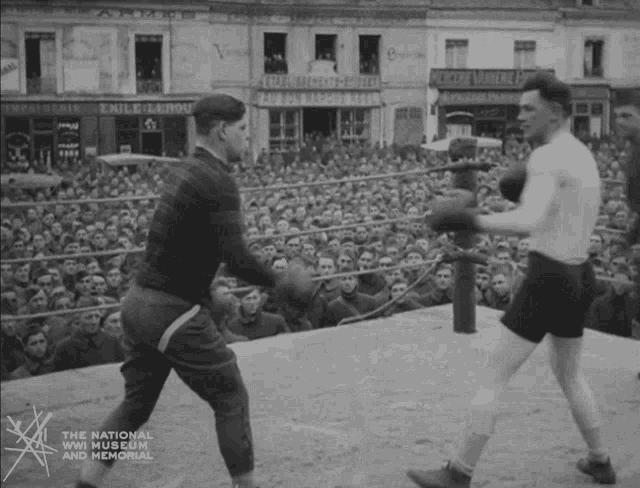Matt’s Notes
Welcome, welcome! We are moving ahead full-steam through the season! We are positively affected by it!
This is the long-murmured-of “surprise” episode! We are as surprised as any of you that we’re still going after nearly a year-and-a-half!
So… without further adieu, click like nobody’s watching!
We went a bit long cause that’s our prerogative, man! #ednontech
So… it’s caused me some small guessing and trying before arriving at how to best format this WordPress post! Do I start with a combined list, of Doug and mine together? Do one half and and then another? Essentially how to turn two lists created separately into a single list…
And so, with some assistance from the Bing image generator, H5P to the rescue! Please slide below if you’re so inclined… for the full list, as presented on the show… with Matt contributing the “odd” numbers, and Doug contributing the “evens”. And for those who’d be interested to hear my take on mine, and Doug’s take on his…
ALL WILL BE RESOLVED IN DUE COURSE…
I mean… uh… slide as you like!
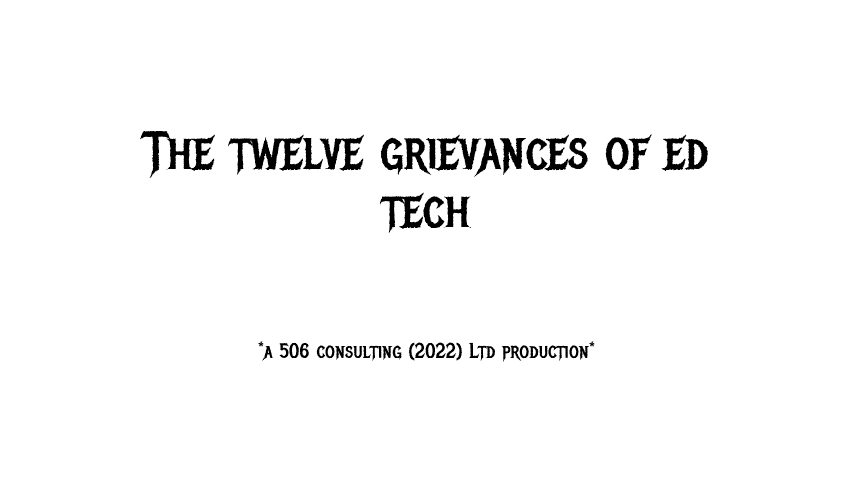
Furthermore!!
Here are a few things I’ve been looking at or saving to solve my self-directed grievance of not taking enough time for reading…
Evolving Definitions in Digital Learning: A National Framework for Categorizing Commonly Used Terms (Johnson, 2021)
Post-COVID and therefore, to my mind, evergreen content from the Canadian Digital Learning Research Association (CDLRA). I feel this is the kind of definitional work wherein it would be rad to imagine many/most PSI’s deciding, proactively, to use these terms… or some others…
Dr. Rajiv Jhangiani (Brock University, formerly of KPU)
We spoke about an article written by Rajiv and his colleague Robin DeRosa… which Doug included in last episode’s notes!
DeRosa, R., & Jhangiani, R. S. (2023). Open pedagogy https://openpedagogy.org/open-pedagogy/
I mentioned briefly that I understood Rajiv had worked in BC and recently moved to Ontario. I call him Rajiv, because I had the pleasure of attending some BC Ed Tech conference or other. His presentation on… I believe Pressbooks… was engaging… beyond being extremely knowledgeable and enjoyable at the front of the room (not always a guarantee at academic conferences!). He puts you at ease… the way good educators can!
Rajiv worked for 8+ years at Kwantlen Polytechnic University and now works at Brock, in St. Catharines, Ontario as Vice Provost, Teaching and Learning.
In all honesty, I’m throwing this in because A) Rajiv is a great example of a positive force in our field… and that he’s Canadian rings out even more… and B) I want to ensure that anything I may have expressed last episode is duly corrected if indeed any of what I said was incorrect…
ANYWAY…
Jon Dron’s home page
It’s amazing how LinkedIn has somehow… what… been benefiting? as academics and educators flee the dumpster fire of the Twitter/X debacle… or maybe it’s always been this popular… and I’m just extremely late? It might be… but in my relatively short time actively using LinkedIn (shudder) it seems like there is an enhanced recognition of it as a place to *tweet* about professionalish and academicish stuff whilst not on a platform being run into the ground by one of the most obnoxious capitalists in all of history…
ANYWAY!
Jon is an author and researcher I leaned on heavily for when writing my dissertation back in 2012-17… I was pleased as punch to see posts about generative AI for teaching and learning from Jondron.ca appearing in my LinkedIn feed. There’s all kinds of stuff here and I predict I will be cycling back in these notes to speak to some of what he’s putting out there… including his recent book How Education Works: Teaching, Technology, and Technique (2023) which is available as a free download…
David Fincher’s filmography (Wikipedia)
He’s one of the most accomplished, exciting directors in contemporary Hollywood for my money! His latest film The Killer is on Netflix, and it’s the rare film I’ve watched twice in couple of weeks… I will likely check it out again before these holidays are over!
And! His credits as a director of 80’s and 90’s music videos are absolutely over the top!
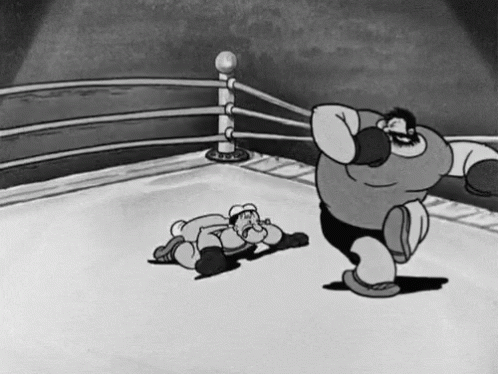
Doug’s Notes
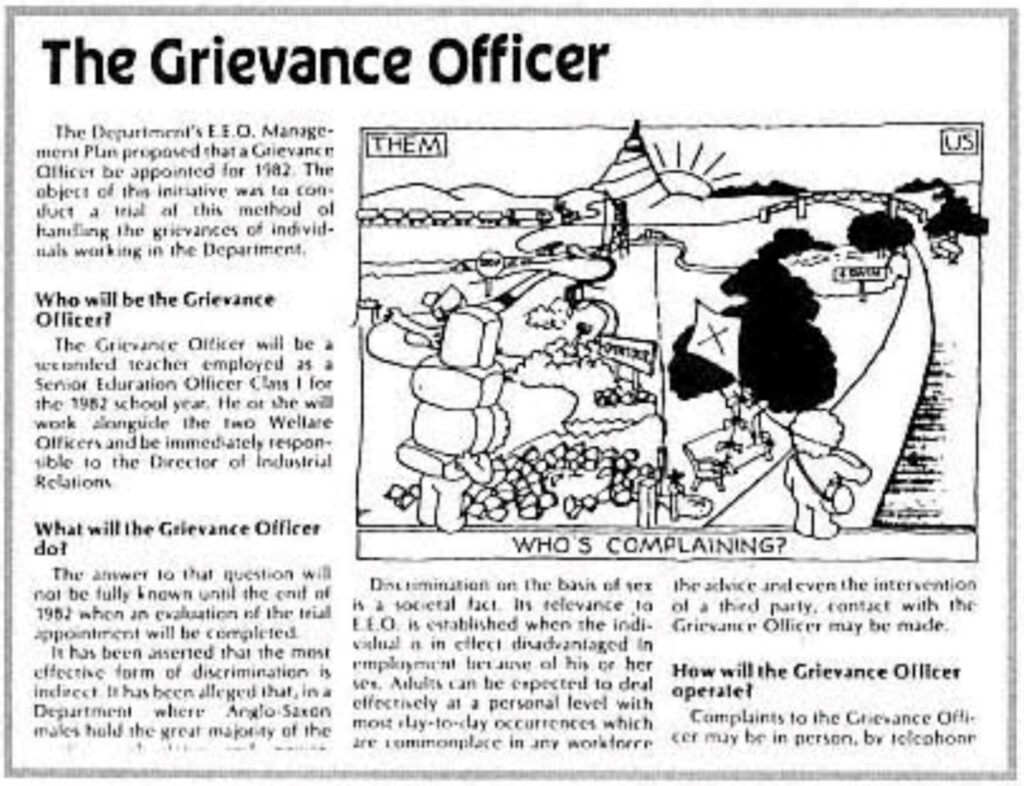
The Twelve Grievances (Insights?) of an EnT Christmas


Why are students cheating, and how can we help this situation?
… stressors in a student’s life can be drivers of engaging in contract cheating. Additional factors can include the student’s location within systems of stratification, participation within social institutions, and social relationships.
… there is no single cause-and-effect relationship that can be identified with regards to why students engage in academic misconduct and oversimplifications for the reasons why students cheat can be both inaccurate and unhelpful.
Ferguson, C. D., Toye, M. A., & Eaton, S. E. (2023). Contract Cheating and Student Stress: Insights from a Canadian Community College. Journal of Academic Ethics, 1-33.

The Commonwealth government’s Disadvantaged Schools Program had identified six major groups as disadvantaged women and girls, Aborigines, migrants, the handicapped, children in rural and isolated areas, and children in socio-economic disadvantaged areas.
Barcan, A. (1993). Sociological theory and educational reality: Education and society in Australia since 1949. UNSW Press.

Beware overly simplistic guides. Some of these suggestions would certainly cause me to skip reading some articles…
An ideal manuscript typically consists of 25–40 pages that includes essential data only. The abstract is of 100–150 words. The introduction is up to two pages long, the literature review and hypothesis section between four and six pages, the methods section about two to five pages, the results and discussion between 10 and 15 pages, and the conclusions about one to three pages. The number of references could be anywhere between 20 and 50. The number of figures and tables could each be about four to six.
LaPlaca, P., Lindgreen, A., & Vanhamme, J. (2018). How to write really good articles for premier academic journals. Industrial Marketing Management, 68, 202-209.

This can be the basis of edtech use and education as well.
Periodically ask yourself the question, “How are my actions harming others?” without falling into paralysis.
Recognize that writing is a political process.
Attempts to minimize harm are moral – not technical – processes.
Magolda, P, & Weems, L. (2002). Doing Harm: An Unintended Consequence of Qualitative Inquiry. Journal of College Student Development. 43,(4).

Word of the Podcast
(Airing of) grievances
Phrase of the Podcast
Pedagogy of the Oppressed
Question of the Podcast
Are you trying to be helpful or hurtful?

May every single millisecond of your 2024 be rad! Thanks for joining us thus far…

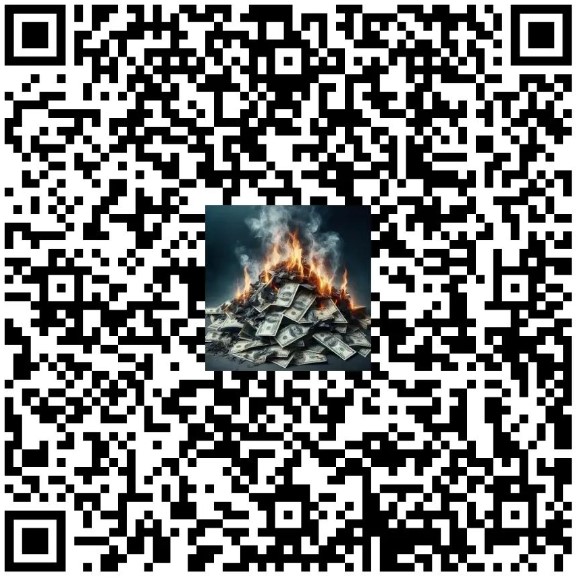
Podcast: Play in new window | Download
